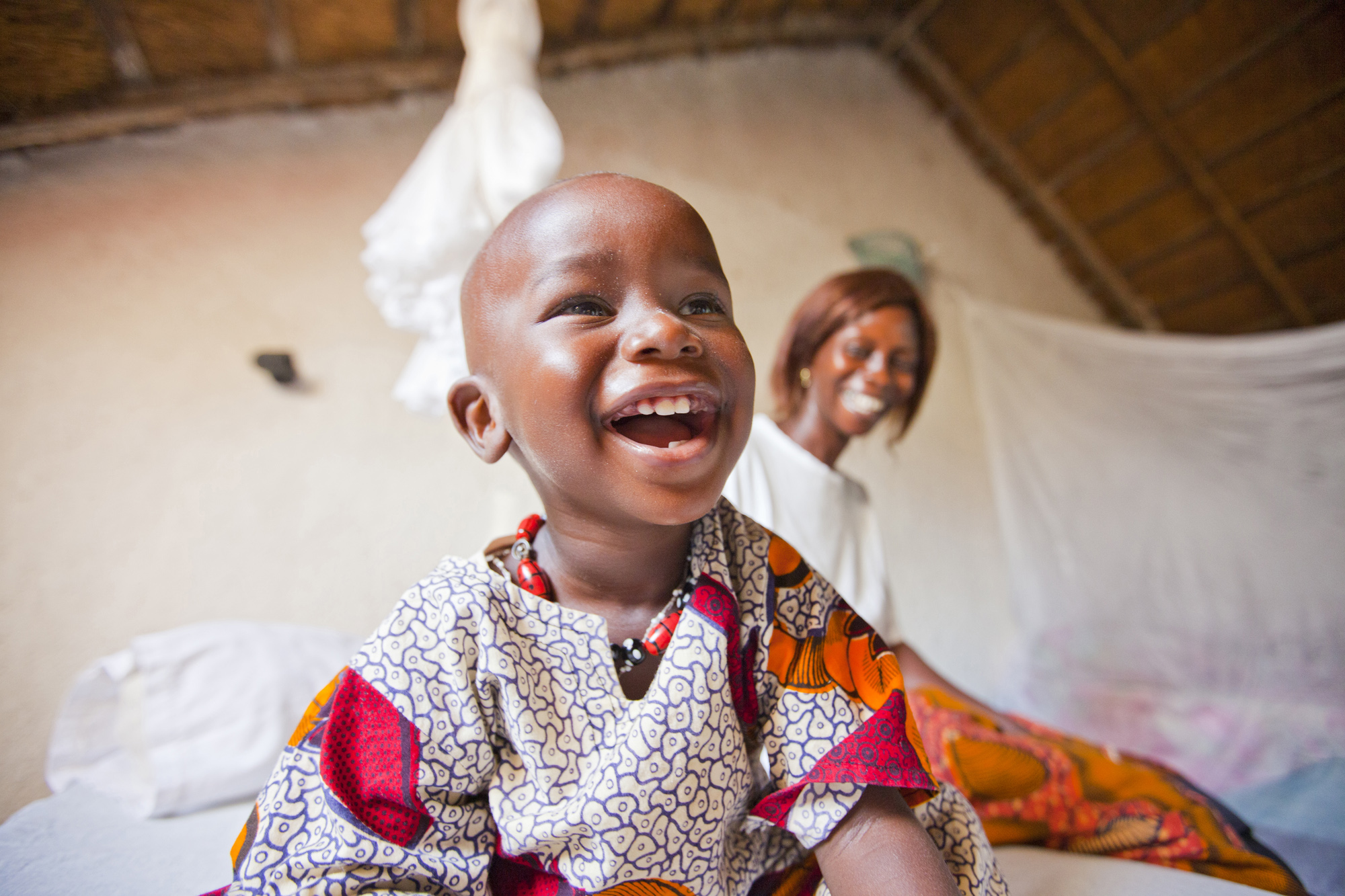Contraceptives and nets: 2 approaches to preventing risks posed by mosquitos

SHOPS Plus works to protect people from mosquito-borne diseases by increasing access to malaria products and services in Senegal, and reducing negative birth outcomes from Zika in Haiti.
Mosquitos, small in size yet mighty in their deadly potential, are responsible for transmitting malaria and Zika. In many countries, malaria is a leading cause of death, especially among young children and pregnant women, and birth defects associated with Zika are increasingly a concern. The project is working with local partners and stakeholders in Haiti and Senegal to address these challenges by implementing important behavior change interventions and increasing access to products and services.
Reducing negative birth outcomes from Zika
SHOPS Plus is reducing Zika-related birth defects in Haiti by increasing the accessibility and use of family planning products and services to avoid unintended pregnancies. The project promotes the use of mosquito repellent and condoms among couples and women of reproductive age across the country to prevent transmission of the virus.
The project team uses interpersonal communications via health educators, printed materials for beneficiaries and outreach workers, a digital health platform, and mass media to reach the Haitian population. This year, the team focused on reducing the transmission of the virus by educating people using an interactive mobile phone platform, text messaging, and a hotline, which allows users to call a toll-free number and ask questions. So far, 15,619 users have accessed Zika-specific messages through the interactive voice messaging system, the text messages have reached 1,096 unique users, and the hotline has received 15,524 questions regarding Zika transmission.
At the same time, SHOPS Plus collects information about behavioral dynamics through household and small group discussions led by health educators to make sure its messages are effective. To assist the country’s broader Zika response, the project will make those research findings available to all partners.
Increasing access to and use of mosquito nets
In Senegal, SHOPS Plus works with a local social marketing organization called ADEMAS to combat malaria through the distribution of long-lasting insecticide-treated mosquito nets. In 2016, ADEMAS joined forces with SHOPS Plus to distribute nets to reduce the high number of malaria cases and malaria-related deaths in the country. The social marketing organization distributed over 82,900 in 2019 with a total number 337,767 nets distributed since 2016.

The project also disseminates materials promoting the use of nets and conducts awareness-raising activities to communicate the importance of sleeping under bed nets year round. This was in response to findings that showed the demand for nets drops during the cold season because of the misconception that the risk of contracting malaria reduces because there are fewer mosquitos.
To ensure that the supply of bed nets can meet the demand, SHOPS Plus led an assessment of the market for malaria products and services in collaboration with stakeholders from the public and private sectors. In December 2018, the project team organized a workshop to disseminate the results of the assessment in collaboration with the National Malaria Control Program and other stakeholders. Held in Thiès, the workshop served as an opportunity to discuss and validate market gaps and needs, and prioritized ways to remove obstacles and expand the market.
The key recommendations from the workshop centered on increasing functional and operational support as well as improved regulation of the market. Two working groups formed to address these needs. One group will focus on supply, laws, and regulations, and the second group will look at demand, coordination, monitoring, and evaluation.